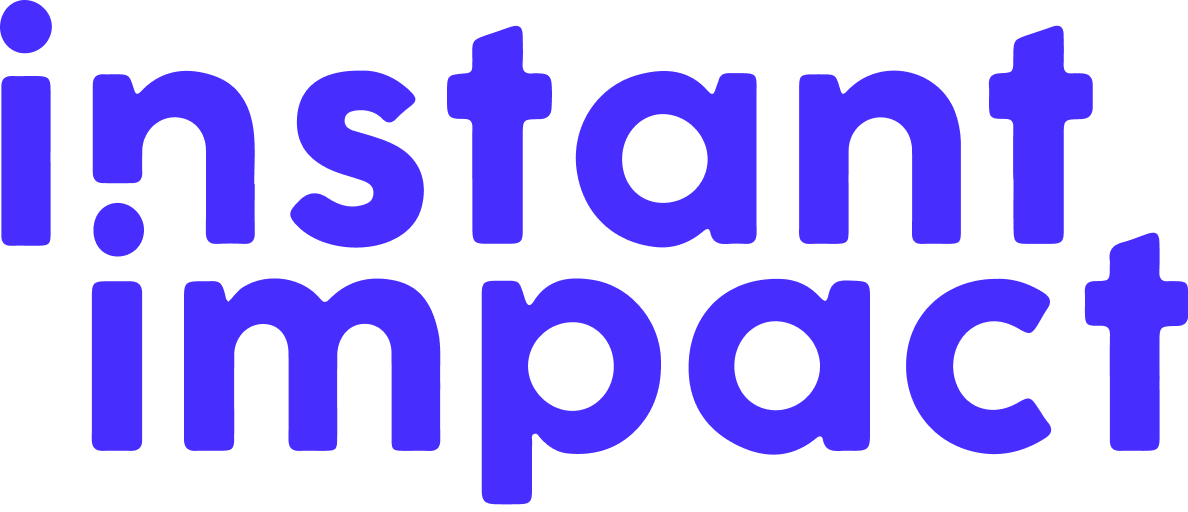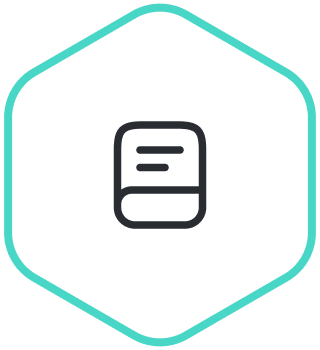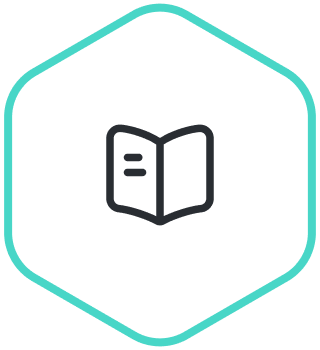Instant Impact has launched a ‘Diversabillity’ group. It came into being following several conversations with a few colleagues who felt that, as a business, we could be doing more to talk about disabilities within our organisation.
As a group, we exist to create a safe space for people with disabilities to share their experiences and to educate and support our colleagues to foster an inclusive environment.
Instant Impact does a fantastic job of making everyone feel welcome and has created a supportive and inclusive culture. However, creating this group has allowed us to open certain dialogues and encourage conversations that might not have happened otherwise. This will encourage new starters and tenured employees alike to be more open about their disabilities or neurodivergence.

I am dyslexic and have never really mentioned it in the workplace until recently as I didn’t want to have to answer difficult questions or be seen to make a fuss. Whilst this is not the most impactful condition and I have developed my own ways to deal with it, it was incredibly refreshing to speak about it in a safe space. The support has been great, and by chatting with other neurodivergent employees I have picked up a few new tips and tricks that have helped me manage time and my day more effectively.
Whilst there is a collective responsibility for the group to help us achieve our goals and aims, we have nominated two co-chairs to head up the team. I spoke with one of the chairs, Gra Henderson, to get an additional perspective on what this group means and why it is so important.
How have you found working at Instant Impact and how have they supported you with your disability?
With II we have always had flexibility, which has been amazing - they have known from the beginning about my disability. I have also been open with employers and II has been incredibly supportive. They’ve offered me any reasonable adjustments I needed, which turned out to be none; I am quite happy and content and have everything I need but as time goes on and if my disability progresses down the line then I will probably be speaking to them. But, the flexibility we are given has been great for my medical appointments. I feel comfortable saying that I get brain fog which is one of the things that comes along with MS over time. I feel comfortable speaking to the senior directors about that and never have a problem because I know that they will be supportive.
You are now the co–chair of this group but what made you want to join initially?
We felt it was important to have an impact internally. If I look back to when I started, if there was a Diverseability group I would’ve felt at ease and not necessarily embarrassed or apprehensive to say I have a disability. We want people coming into the business, and current employees, to know that there was a safe space and strong network of people that they can openly share with and go to with any issues or questions that they may have.
The second reason I wanted to be a part of the group is to drive education within the business. A huge part of our jobs is to deal with people, communicating and engaging with them daily. It would be great to have a better understanding of what some people may struggle with and try to remove any bias that may slip in.
What’s next for the Diversability group?
We are introducing ourselves properly to the wider business and will also be implementing ‘Lunch and Learn’ sessions which I think will be a game changer and hope that people engage with these. It will really benefit people when it comes to dealing with candidates and hiring managers – we want to contribute to the learning and development side of things and focus our efforts internally, too. We also have a buddy system that we are looking to introduce which we think will make a big difference to anyone coming into the business.
We also want to establish the Diversability group to be the go-to group, the anchor, for anyone who has any questions that come to mind or for check-in ahead of presentations/training sessions. People might ask us, 'am I presenting this information in a good way for someone with Dyslexia?' Or, 'how can we make this session more engaging for someone with ADHD?' for example.
Thanks very much, Gra, anything else you’d like to add?
Just that I think this is a great community, and that with all the changes coming in soon we will only get stronger!





